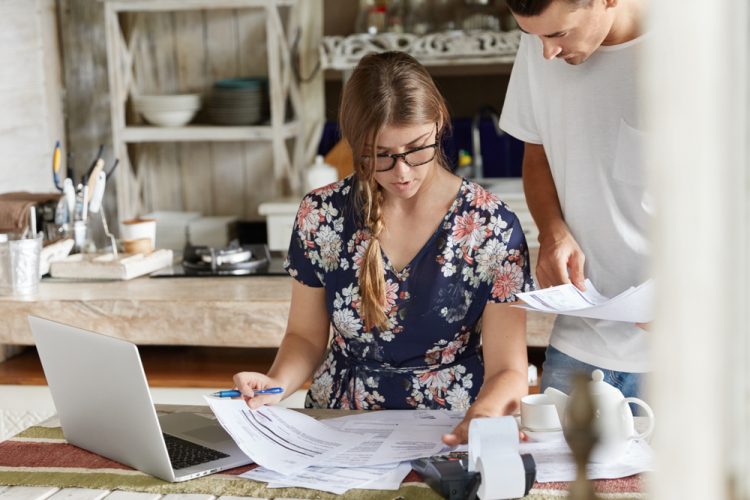Creating an emergency fund is a decision that could ultimately save your and your family’s lives.
Starting and building an emergency fund is a good way to ensure that you will have unexpected expenses covered, including everything from hospital bills to groceries to transportation fees. Plus, having an emergency fund can also help if you temporarily lose your home.
While it may look complicated at first glance, establishing an emergency fund is fairly easy. Let us help you get started!
Why Do You Need an Emergency Fund?
Before you can develop an emergency fund, you need to understand why it is a crucial part of your finances.
First and foremost, an emergency fund and a savings account are different.
While many people use the two interchangeably, it might be more useful to have a third source of emergency funds. While a savings account is typically used to help cover unexpected costs, people often dip into their savings account, rendering it useless.
Having an emergency fund that is not used to fund anything in your life other than drastic situations can quite literally save a life. Many problems can be helped or even solved just by having a bit of extra cash.
Car Emergencies
For many families, having a car is a necessity. Traveling to and from work, school, or the hospital is less of a luxury and more of a need.
Suppose your car were to break down or become otherwise inaccessible. In that case, you could be in a dangerous situation, especially if you were to break down in an area where communication is limited.
Having an emergency fund of any kind can help you afford the costs of fixing your car in the long term and help you pay for roadside assistance in the short term.
Household Emergencies
Whether your house is flooded, robbed, or you have lost the home, part of being a homeowner is facing unexpected financial challenges.
Problems that arise within the home can be stressful, as we often view our home as a safe place. But regardless of how safe you feel in your home, it is always best to be prepared.
In Case of a Physical Injury
In the American healthcare system, hospital trips are notoriously more expensive [1] than most people anticipate. While insurance can help cover most of the costs, having a backup fund can cover co-pays or other fees that insurance may not help with.
How to Start an Emergency Fund
There are many ways that people keep an emergency fund on hand. While some methods are more convenient than others, what matters most is that you have a safe place to store backup money.
Keep Track of Your Weekly, Monthly, and Yearly Finances
Keeping track of your finances over an extended period is a great way to learn how your family’s spending habits work.
Tracking your weekly finances will let you see what expenses you may need to fund in a short-term emergency. Tracking your yearly finances can help you predict what you may need to fund in the long-term.
Keeping your finances organized is one of the essential steps you can take to start your emergency fund.
Budget
The next important step to take is to start budgeting.
Using the information you have learned from tracking your finances, you should aim to have at least three months of emergency funds in advance. Having a buffer of three months can help you get a head start taking care of whatever your emergency is.
How much you choose to set aside is up to you, and how much you can spare. Not every family can put thousands of dollars away every month. However, you will have to prioritize what you do in your life and what you spend your money on.
Have a Safe Location for Your Emergency Fund
When you put away your money, you will want to ensure that your money will be safe.
Some people choose to put away cash into a safe within their home. Having money in your possession can eliminate the worry that your money will be lost in cyberspace when you need it most.
However, keeping a bank account with a savings account can help prevent your money from being misplaced or stolen.
It helps some families to have their emergency money split into two locations. They put the majority of their money into a banking account and then keep a small amount of cash in a safe.
Prepare for the Unexpected
Keeping an emergency fund is one of the best ways to help ensure you and your family’s physical and financial safety. An emergency fund will provide you with some financial peace of mind in any unexpected circumstances. Start setting aside some money today!
[1] https://www.debt.org/medical/hospital-surgery-costs/

